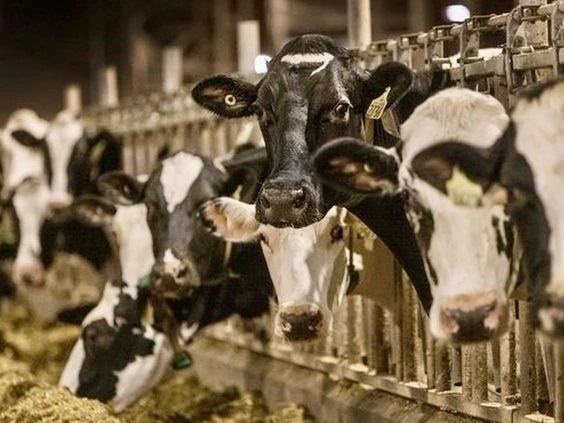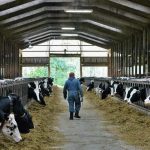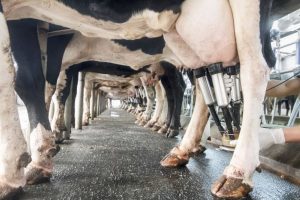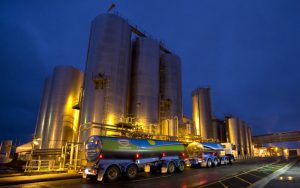
Amid Global Volatility, Canadian Farmers Champion Food Security and Economic Stability.
In an increasingly volatile global landscape, Canada’s dairy farmers are asserting the critical importance of defending the nation’s food security and sovereignty, particularly through its supply management system. David Wiens, a dairy farmer and President of the Dairy Farmers of Canada, counters what he terms a “misleading narrative” regarding dairy trade with the United States. He argues that critics overlook the significant stability and strength that supply management provides for both Canadian consumers and the broader economy, a key insight for dairy economics discussions.
Under existing trade agreements, notably the Canada-United States-Mexico Agreement (CUSMA), a substantial volume of dairy products enters Canada tariff-free. Specifically, the U.S. is permitted to export 49 million litres of milk to Canada annually without tariffs, a volume set to increase gradually over the next 13 years. Despite this access, Canada currently maintains a $520 million dairy trade deficit with the U.S., with American dairy exports to Canada surging by 67% since 2021, reaching $877 million in 2024. This makes Canada the U.S.’s second-largest dairy customer overall and its largest per capita.
For over six decades, supply management has been instrumental in delivering food security and sovereignty to Canada by ensuring domestic dairy production meets national demand. This system strategically aligns production with consumption, guaranteeing high-quality, diverse dairy products at stable prices for consumers while providing a fair return for dairy farmers. Beyond the farm gate, supply management significantly bolsters the Canadian economy, supporting 339,000 jobs across the supply-managed dairy, poultry, and egg sectors and contributing $30.1 billion to Canada’s Gross Domestic Product.
Recent global trade dynamics further underscore the necessity of Canada’s self-sufficiency in dairy. Supply management ensures a steady domestic supply of crucial food items, protecting consumers from shortages caused by supply chain disruptions, diseases, or natural disasters. For instance, while egg prices in the U.S. soared due to avian flu, Canadian consumers remained largely unaffected, demonstrating the resilience fostered by the system. Furthermore, supply-managed product prices generally align with or remain below Canada’s overall inflationary trends; in December 2024, the 12-month average dairy consumer price index rose 2%, lower than the 2.7% increase for food in general.
Moreover, the benefits of supply management extend far beyond economic metrics, reaching deep into rural communities across all provinces. With over 9,000 dairy farms nationwide, supply management provides vital stability to local economies, creating jobs not just in direct agriculture but also in essential supporting sectors like transportation, veterinary care, and nutrition. Unlike some countries where dairy industries receive heavy production subsidies funded by taxpayers, Canadian dairy farmers operate without similar government production handouts, proudly supplying quality Canadian milk directly to their fellow citizens who, in turn, demonstrate strong support by choosing local dairy products.
Source: Toronto Sun: WIENS: Defending Canadian dairy farms is worth taking a stand
You can now read the most important #news on #eDairyNews #Whatsapp channels!!!
🇺🇸 eDairy News INGLÊS: https://whatsapp.com/channel/0029VaKsjzGDTkJyIN6hcP1K























